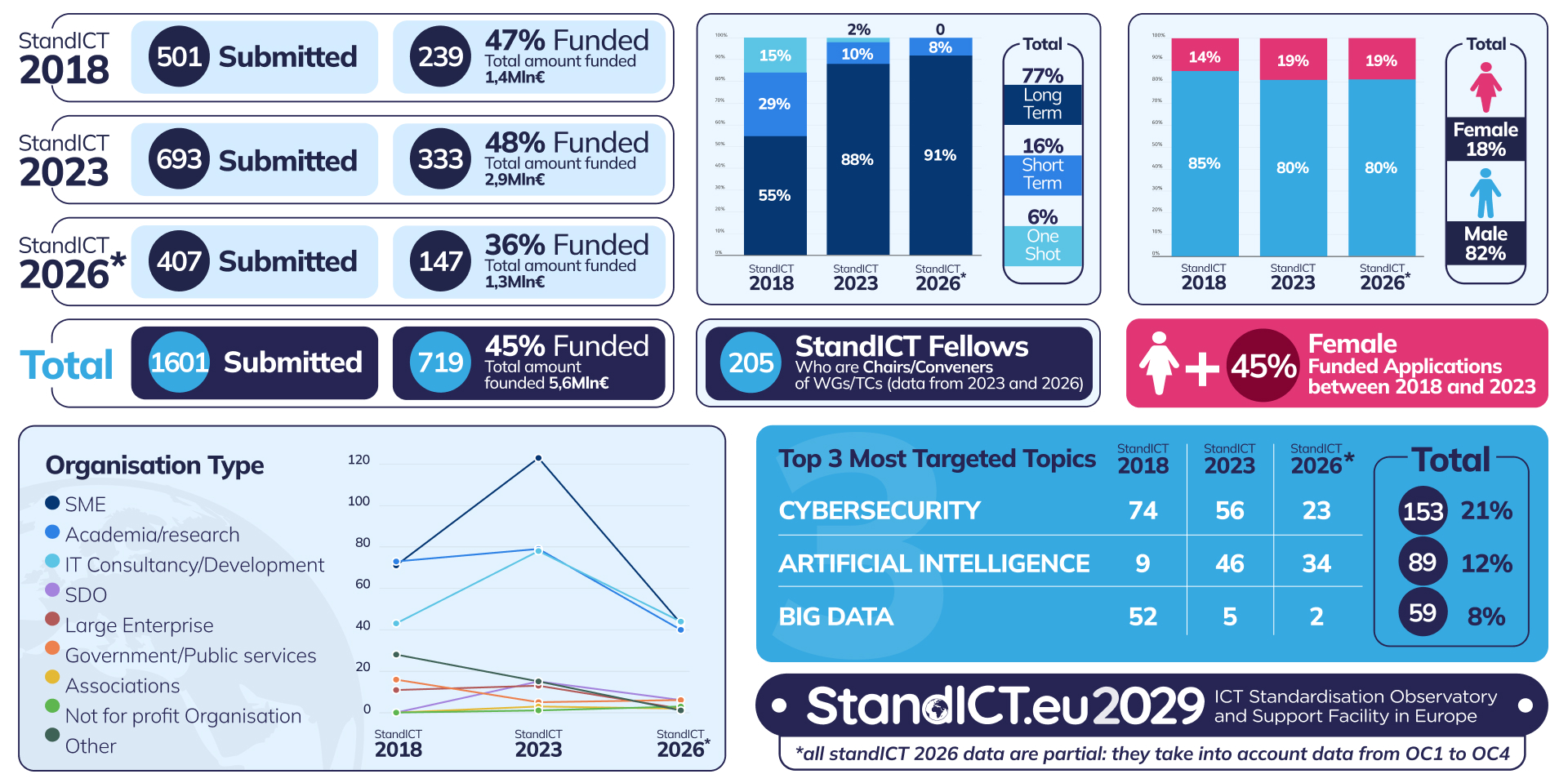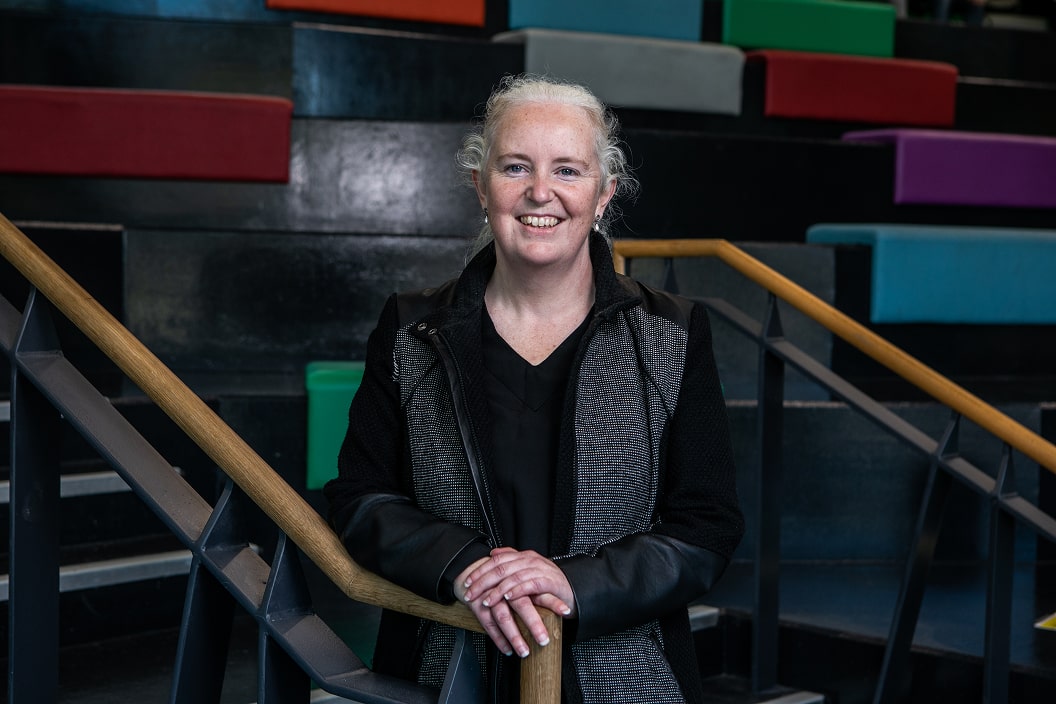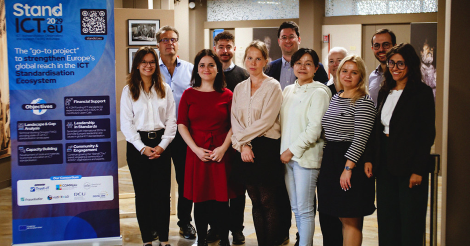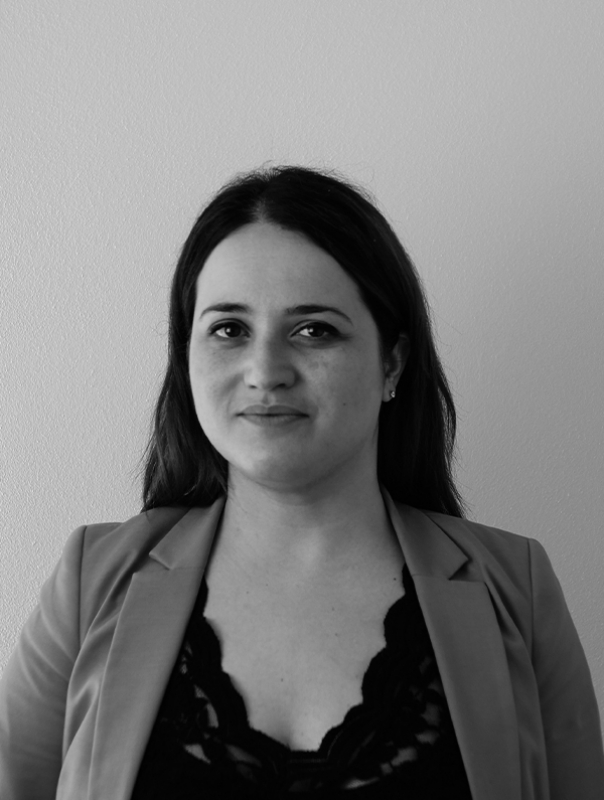Read time: 4 mins
StandICT.eu 2026 held its midterm review on 17th October, after 18 months of running activities. Building on its predecessor initiatives StandICT.eu and StandICT.eu 2023, the project continues to consolidate its key position as a critical support facility for European involvement in international ICT standardisation.
As a project funded under the Horizon Europe programme, and in sync with the EU Standardisation Strategy, its overarching mission is to strengthen Europe’s leadership and global influence in ICT standardisation, supporting the work of expert individuals involved in the development and adoption of key standards that will define future technologies.
Since its launch as a pilot back in 2018, the StandICT initiative has grown significantly. The first StandICT.eu project established the groundwork for its fellowship programme, which supports European experts in contributing to international Standards Development Organisations (SDOs). The project was followed by StandICT.eu 2023, which introduced novel key assets such as the EUOS (European Observatory for ICT Standards), a repository that collects standards-related information with 3000+ entries to date, a platform for collaboration and a public discussion space to support the voluntary work of fellows and other experts belonging to specific Technical Working Groups set-up by StandICT to provide a landscape analysis of relevant standards in key ICT fields.
Now in its third iteration, StandICT.eu 2026 continues to build upon these achievements. With a focus on expanding the EU’s capacity in ICT standardisation, the current project iteration has enhanced its grants platform, established technical working groups that also provide gap analyses, beyond landscape overviews of ICT standardisation, revamped a Training Academy with a series of successful webinars on the geopolitical aspects of ICT standardization across the world, and strengthened efforts to engage diverse stakeholders, from SMEs to academia to the Open Source community, in ICT standardisation activities.
Below is a snapshot of the evolution of StandICT.eu since it's inauguration in 2018:

Key Objectives and Core Activities
More precisely, StandICT2026 is structured around five key objectives:
-
EU Leadership: The project is dedicated to ensuring Europe's leadership in ICT standardisation by fostering dialogue between industry, policy, and research communities. StandICT2026 has organised a series of 5 already closed open calls, the sixth is ongoing until beginning of November and there will be overall 9 by the end of the project. Thanks to this programme, StandICT.eu2026 has funded 147 fellows by its M18, many of whom hold leadership positions within SDOs. These experts have contributed to the development and revision of key ICT standards across various ICT domains. All the details of their activities are now easily accessible via the newly developed Funded fellows webpage.
-
Grants Facility: The project has developed an evolved version of its grants facility inherited by the previous editions and fully customised for the needs of the project. The platform operates through a cascade funding system organised via open calls and supports all the digital processes around the management of applications by standardisation experts and evaluations by external independent evaluators part of a dedicated pool. With the latest upgrades, the evaluation process has been made faster by a week and it now takes around 30 days (vs the previous 35-40 days) to process the over 100 applications received at each call.
-
Mapping: Through the EUOS, StandICT2026 has expanded its repository of standards, with novel landscape analyses on the Digital Product Passport (DPP), Ontologies, and Citiverse, as well as gap analyses in IoT and Edge computing, overall counting thousands of downloads and views. The analysis of the changing ICT trends has then led to the publication of preliminary policy insights and recommendations embedded in a public paper. Finally, this new edition of StandICT.eu saw a much larger focus on inclusive aspects and the societal impacts of ICT standardization with the organisation of a series of webinars on “Women in ICT standardisation” and a workshop on Human Rights and ICT standardisation with a recommendations report. These latter activities were all conducted in synergy with other EU-funded projects in the standardization domain, namely HSbooster.eu,Stand4EU, Seeblocks.eu, Blockstand.eu, EDU4Standards.
-
Standards Academy: One of the major innovations of StandICT2026 is the creation of a new version of its Training Academy that delivers educational content for both newcomers and experienced professionals in ICT standardization and builds on top of the archived material developed in previous StandICT.eu editions. The Academy hosts webinars on a range of topics, from standards education to geopolitical trends in ICT, alongside launching a pilot mentorship programme for StandICT.eu applicants
-
Community and Engagement: The project has cultivated a robust community of over 4,000 stakeholders, ranging from industry experts to academic institutions. Through its outreach activities, StandICT2026 promotes the relevance and benefits of standardisation, ensuring wide participation in its open calls and related initiatives. Some key examples are presented in our success stories section, now showcasing 20+ cases, also collected thanks to synergies and 28+ signed MoUs with several EU projects
As the project moves into its next phase, the consortium will be especially focused on ensuring the long-term sustainability of its key assets. Stay tuned for the next updates as we prepare to launch a public consultation on these key topics!



